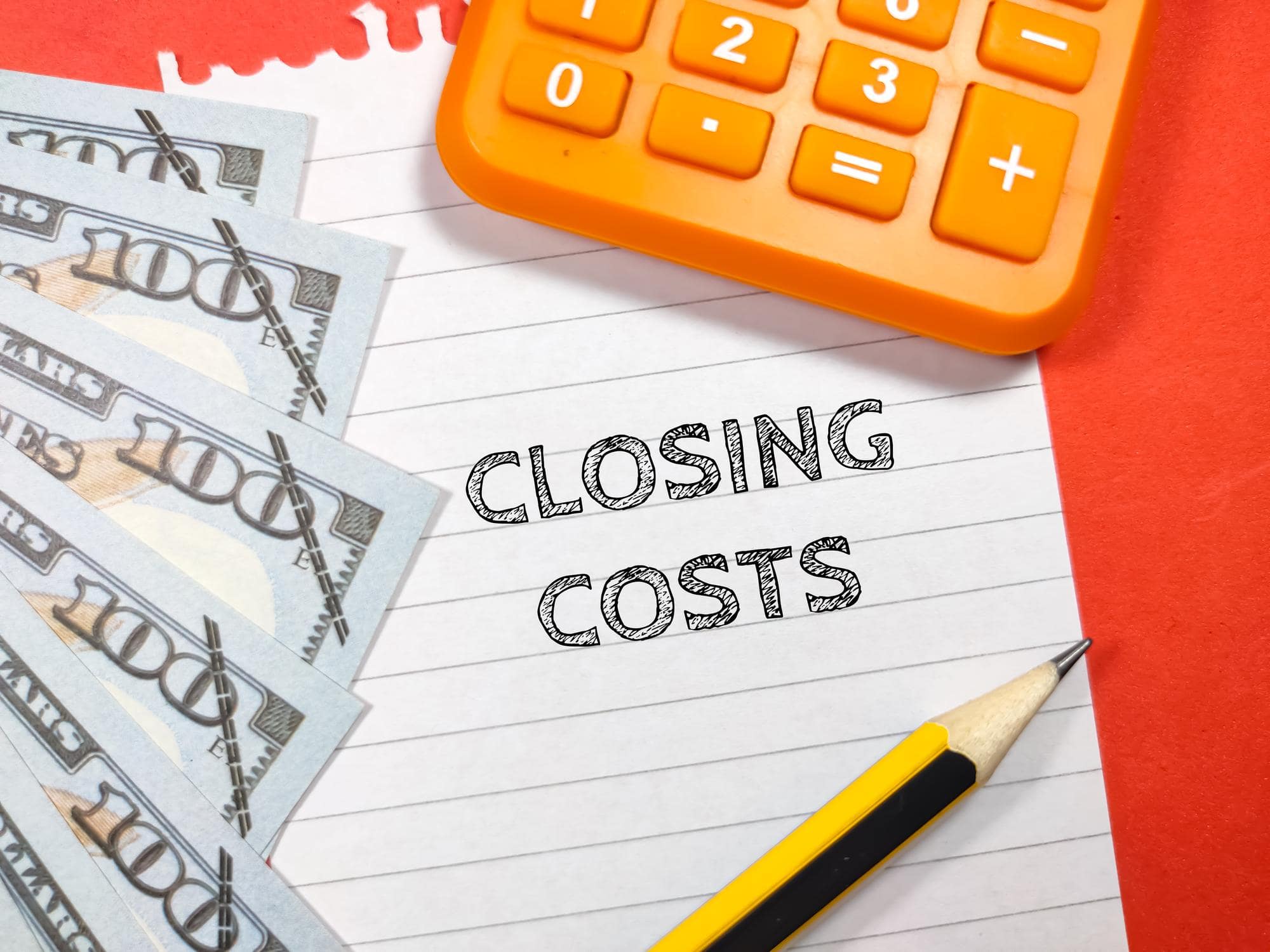What are Closing Costs in Georgia?

First-time buyers or seasoned pros find themselves on a euphoric high upon acquiring their dream residence in Georgia, only to be met with a sobering reality in the form of the closing disclosure. Enumerating a multitude of additional expenditures under the guise of “closing costs,” this revelation becomes an essential factor in the financial equation of homeownership. In the state of Georgia, the average outlay for closing costs stands at 3% of the total home sale price, constituting a significant sum that demands careful consideration. It is prudent to adhere to a general guideline, allocating a reserve equivalent to 2% to 5% of the property’s purchase price to effectively account for the intricacies of closing costs in Georgia. Such strategic financial planning ensures a more seamless transition into homeownership, mitigating potential shocks to the financial system of aspiring homeowners.
Understanding Closing Costs
Closing costs are expected to be around 3-5% of the total home purchase price. They encompass various expenses associated with the mortgage loan processing procedure. These include loan origination fees, appraisal fees, survey fees, title insurance fees, taxes, and more. Since mortgage loans are facilitated by lenders, closing costs are charged and paid to these lenders. For instance, if you buy a house valued at $500 000, total closing costs might fall somewhere between $15 000 – $25 000.
Average Closing Cost Percentage in Georgia
Diving into the specifics of GE, it was valued that the average closing cost percentage is 5-10% on the seller’s side and 2-5% on the seller’s.
Factors Influencing Closing Costs in Georgia
Closing costs can vary significantly between lenders due to different items included in their fee structures.
- Home Value. Closing costs are commonly determined as a percentage of the purchase price, meaning that properties with higher prices typically incur higher closing costs.
- Loan Type. The loan choice for your home purchase can impact closing costs. Various loan programs come with distinct prerequisites and associated fees.
- Area. Various areas may entail additional fees or taxes unique to that specific locality. It is crucial to take into account these location-specific factors when evaluating closing costs.
- Property Taxes constitute a continual financial obligation for homeowners, and their influence extends to closing costs as well. Depending on the real estate transaction timing, the buyer might be required to prepay a portion of the annual property taxes as part of the closing process.
- Appraisal. Lenders commonly mandate an appraisal to assess the property’s value and an inspection to uncover potential issues. These expenses typically fall under the responsibility of the buyer and may be incorporated into the overall closing costs.
- Home Inspection. Identifying defects and necessary repairs before committing to the purchase can significantly influence your decision-making process.
- Attorney fees. The finalization of real estate transactions in Ge involves the expertise of attorneys. Typically, the services of real estate attorneys come with a charge ranging from $150 to $350 per hour.
Who Bears Closing Costs in Georgia?
Both buyers and sellers in Georgia have their set of closing costs. While the division can be negotiated, a general breakdown includes:
Typically Paid by the Seller:
- Real Estate Agent Commissions
- Title Transfer Tax or Warranty Deed
- Owner’s Title Insurance
- Attorney Fees
- HOA Transfer Fees
- Prorated Property Taxes and HOA Dues
- Any Negotiated Repairs or Credits
- Outstanding Mortgages or Liens
Typically Paid by the Buyer:
- Lender’s Title Insurance
- Appraisal Fees
- Origination Fees and Discount Points
- Credit Report Fee
- Prepaid Expenses
- Recording Fees
- Attorney Fees
- Home Inspection Fee
- Survey Fee
Remember, these costs are negotiable, and specifics should be clearly outlined in the purchase and sale agreement with guidance from real estate agents or attorneys.
Seller’s Closing Costs in Georgia
A detailed look at common seller’s closing costs includes:
Real Estate Agent Commissions
- Transfer Tax or Warranty Deed
- Owner’s Title Insurance
- Attorney Fees
- HOA Transfer Fees
- Prorated Property Taxes and HOA Dues
- Home Warranty
- Any Negotiated Repairs or Credits
- Outstanding Mortgages or Liens
- Miscellaneous Fees
Specifics vary, and the settlement statement provided by the real estate agent or closing attorney is the best source for transaction-specific information.
When Are Closing Costs Paid?
Closing costs are typically settled during the real estate transaction’s closing or settlement, marking the final step. For buyers, most closing costs can be rolled into the mortgage, but certain costs, like the down payment and those not covered by the loan, must be paid upfront at closing. Sellers usually cover their closing costs from the proceeds of the sale.
Lowering Closing Costs in Georgia
Buyers and sellers can minimize closing costs through:
- Negotiation: Negotiate with the owner to cover some closing costs.
- Cash Transactions: Paying in cash reduces closing costs significantly.
- Keep your options open: Compare mortgage rates, incentives, and closing costs from different lenders.
- Legal Representation: Hire a real estate attorney for potential cost savings.
- Real Estate Agent: Decide on an agent with lower commissions or negotiate rates.
Remember, title insurance is optional for buyers, and it’s prudent to evaluate its necessity.
Top Real Estate Agents in Georgia
Connect with experienced real estate agents in Georgia using the 99Offers platform. Answer a few questions to find the best agent tailored to your needs based on over 27 million transactions and thousands of reviews.
Additional Insights
- When are closing costs paid in Georgia? Almost everything is paid on the closing day, except for the home inspection, which is usually paid at the time of service.
- Adding Closing Costs to Financing: In many cases, yes. However, it’s essential to be aware that rolling closing costs into financing may accrue interest over the loan’s life.
- Private Mortgage Insurance (PMI) in Georgia: The necessity depends on the lender. Generally, if the down payment is less than 20%, some form of mortgage insurance may be required.
- Builder’s Contribution to Closing Costs: Typically, yes. Builders may cover closing costs to incentivize buyers.

How to use ChatGPT to create irresistible property presentations that will help you close more deals
by Ivan RiverUnderstanding closing costs is crucial for a smooth real estate transaction in Georgia. Whether you’re a buyer or seller, being informed about these costs helps you prepare financially and potentially negotiate better terms. Utilize online tools, consult professionals, and explore negotiation options to optimize your closing cost experience in Georgia.
Match for you
Sep 27, 2024
Selling your home without a Realtor in Texas is possible, but it’s a lot of work. While choosing the For Sale By Owner (FSBO) route can save you from paying a seller’s agent commission, you’ll still need to cover the buyer’s agent fee. You’ll be managing everything on your own from setting the price and […]
Sep 24, 2024
When you’re searching for a new home, you might come across properties in communities governed by a homeowners association (HOA). While some homeowners see HOAs as a way to maintain property values, others view them as restrictive something to consider if you’re planning to “sell my house fast for cash” or hoping to get a […]
Sep 18, 2024
Selling and Buying a Home at the Same Time can be a tricky situation to manage. Coordinating both transactions at the same time is often stressful, especially if you need the proceeds from your current home to fund the next purchase. In a perfect world, you’d be able to sell your current house and move […]
Match for you
How to use ChatGPT to create irresistible property presentations that will help you close more deals



